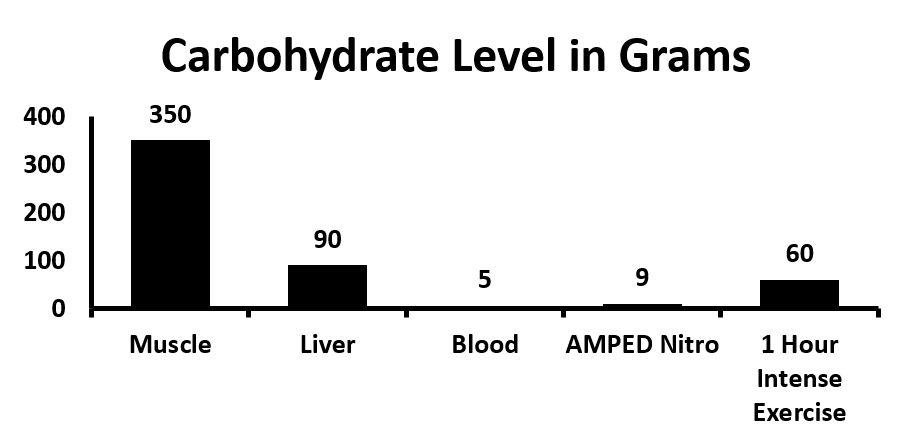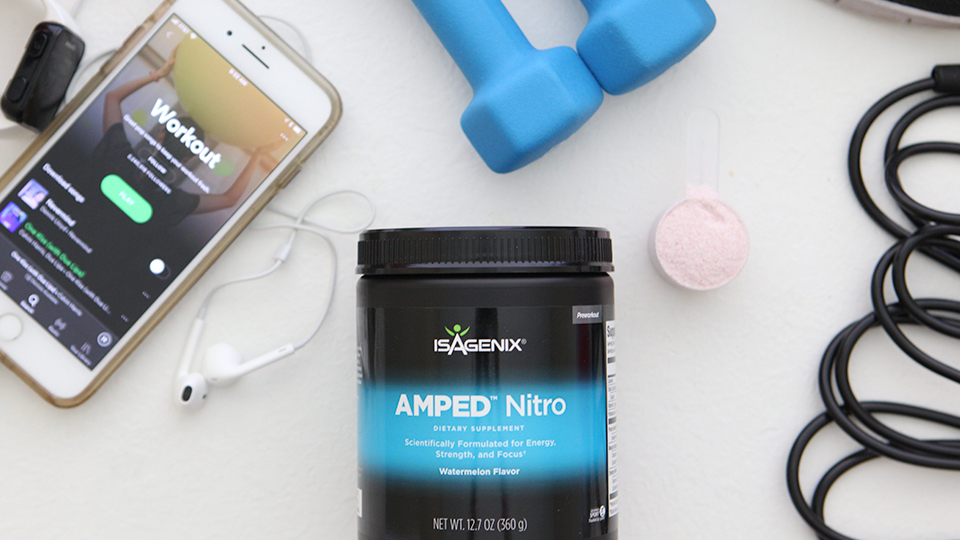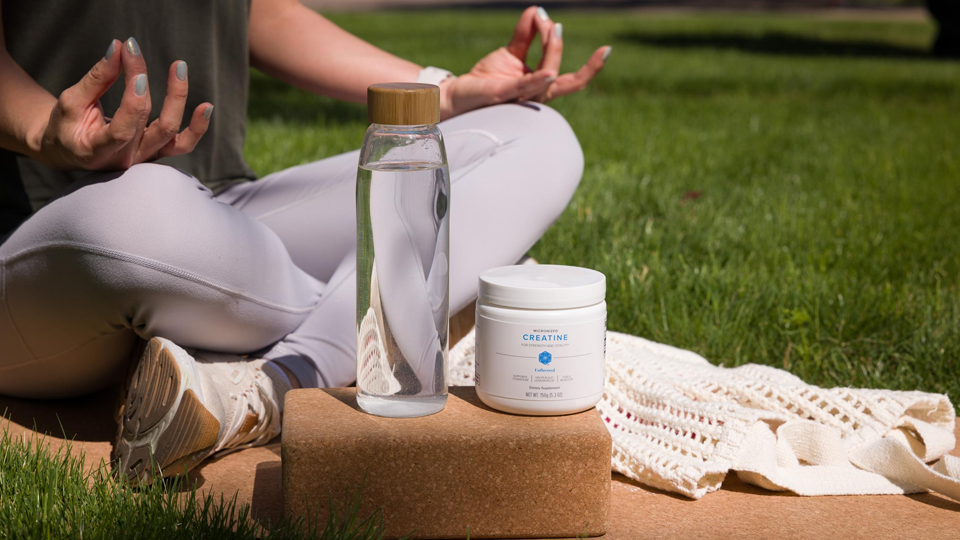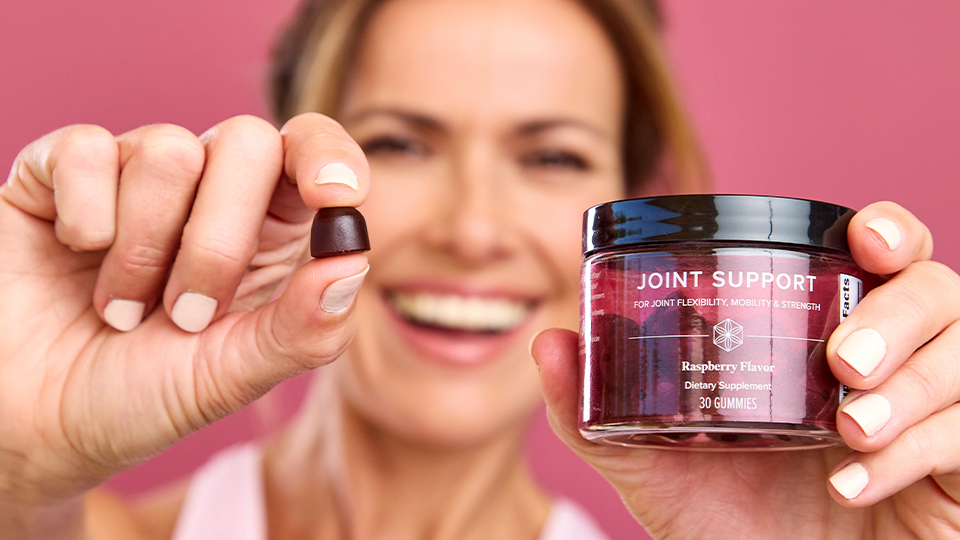Sugar is supposed to be bad, right? Isn’t the goal of exercise to rid yourself of all the damage done by eating carbohydrates in excess?
While it may seem counterintuitive, the reality is that a little carbohydrate and sugar can fuel your workout, especially when it involves high-intensity, long-duration exercise. A modest intake of carbohydrates can also speed up your recovery time, helping you get back in the gym sooner.
Carbs Improve Training, Adaptation, and Recovery
Carbs have attracted a lot of attention from exercise physiologists, who aim to help athletes during training and competition (1). These scientists generally agree that consuming a moderate amount of easily absorbed carbohydrates — like simple sugars — prior to, during, and immediately after exercise can improve performance, adaptation, and recovery.
This method works because it allows the body to sustain high carbohydrate availability in muscle glycogen stores and blood glucose to fuel the demands of exercise. When these carbohydrates are depleted during a workout, it can quickly lead to fatigue, reduction in work rate, impaired skill and concentration, and an increased perception of effort (1).
In summary, not getting enough carbs before, during, and after your workout makes it harder for you to achieve the results you want from your efforts. Regardless, recreational athletes regularly make the mistake of failing to meet carbohydrate recommendations (2).
The Role of Carbs in AMPED Nitro
Despite the wealth of scientific evidence, many question whether it’s wise to include sugar and carbohydrate in a pre-workout product such as AMPED™ Nitro. The multifunctional supplement contains about 5 grams of sugar alongside performance-enhancing ergogenic aids like Nitrosigine®, creatine, and natural caffeine from green tea.
The amount of sugar in AMPED Nitro is quite small in comparison to what is stored in metabolically active tissue, like the tissue in muscle and the liver (3, 4). One hour of intense exercise can potentially burn six times the amount of carbohydrate energy found in AMPED Nitro (4).
The evidence suggests that not only is the amount of sugar in AMPED Nitro minor, but there may also be room for additional carbohydrate intake to improve exercise further. Extra carbohydrates can be achieved easily enough with intake of other sports drinks such as an e+™ shot or AMPED Hydrate.
 Figure 1. Based on an average 70 kg male athlete. Modified from “Clinical Sports Nutrition: 5th Edition” by Louise Burke and Vicki Deakin.
Figure 1. Based on an average 70 kg male athlete. Modified from “Clinical Sports Nutrition: 5th Edition” by Louise Burke and Vicki Deakin.
Carbohydrate Recommendations for Exercise
Carbohydrate guidelines for athletes are based largely on an athlete’s body size and their training duration and frequency. Generally, the rule is about 3 to 5 grams per kilogram per day for athletes exercising at a low intensity, 5 to 7 grams per kilogram per day for athletes who get moderate exercise (about one hour per day), and up to 7 to 10 grams per kilogram per day for endurance athletes.
A good practice is to time the intake and amount of these carbohydrates to improve carbohydrate availability during exercise. The general guideline given to athletes is to consume about 1 to 4 grams per kilogram about one to four hours before exercise (3).
Then, small amounts (around 5 to 10 grams) can be taken just prior to and during training to sustain high-intensity exercise. The recommendation increases to 30 to 60 grams per hour for endurance training and stop-and-start sports like soccer and basketball.
The amount of carbohydrates you should consume before a workout depends on your goals. However, the modest amount of sugar found in AMPED Nitro and other Isagenix products won’t interfere with weight loss. Not only does sugar make the product taste better without the use of artificial sweeteners and flavors, but it can also can help fuel your exercise and keep you on track with your health goals.
References
- Thomas DT, Erdman KA, Burke LM. Position of the Academy of Nutrition and Dietetics, Dietitians of Canada, and the American College of Sports Medicine: Nutrition and Athletic Performance. J Acad Nutr Diet. 2016.
- Masson G, Lamarche B. Many non-elite multisport endurance athletes do not meet sports nutrition recommendations for carbohydrates. Appl Physiol Nutr Metab. 2016.
- Burke LM, Cox GR, Cummings NK, Desbrow B. Guidelines for daily carbohydrate intake: do athletes achieve them? / Instructions pour une alimentation riche en glucides: les athletes parviennent-ils a prendre les doses prescrites. Sport Med. 2001.
- Burke L & Deakin V. Clinical Sports Nutrition, 5th Ed. McGraw-Hill Australia, 2015.





